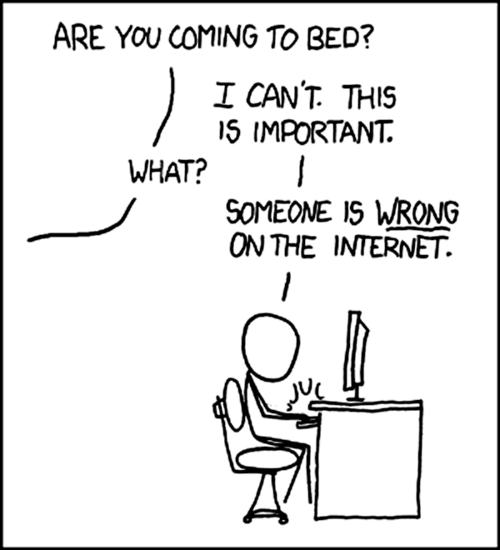hanadr
Expert
- Messages
- 8,157
- Dislikes
- soaps on telly and people talking about the characters as if they were real.
Sid and others
There actually is a study published about 1982 that purports to show high carb diets to be helpful.
One of the names on it is Hugh Simpson. I can't remember any others.
It's a pretty poor piece of science, because it lumps together fibre and starches all as carbs, which biochemically speaking they are!
However, we've become acustomed to separating out indigestible carbohydrates, such as cellulose, from the metabolically active ones such as sugars and starches.
Nowadays even a year 3 child[aged 8] knows that you investigate ONE VARIABLE AT A TIME.
So if this study were to be re-interpreted, it would show that a high proportion of soluble fibre in the diet is good for control. The recommended diet in the study includes lots of beans and lentils and was probably a good suggestion at the time.
I've searched the literature for years and that paper is the ONLY one I've ever found advocating a so-called high carb diet.
It's on-line somewhere, so interested people can read it and evaluate the science for themselves.
Hana
There actually is a study published about 1982 that purports to show high carb diets to be helpful.
One of the names on it is Hugh Simpson. I can't remember any others.
It's a pretty poor piece of science, because it lumps together fibre and starches all as carbs, which biochemically speaking they are!
However, we've become acustomed to separating out indigestible carbohydrates, such as cellulose, from the metabolically active ones such as sugars and starches.
Nowadays even a year 3 child[aged 8] knows that you investigate ONE VARIABLE AT A TIME.
So if this study were to be re-interpreted, it would show that a high proportion of soluble fibre in the diet is good for control. The recommended diet in the study includes lots of beans and lentils and was probably a good suggestion at the time.
I've searched the literature for years and that paper is the ONLY one I've ever found advocating a so-called high carb diet.
It's on-line somewhere, so interested people can read it and evaluate the science for themselves.
Hana

